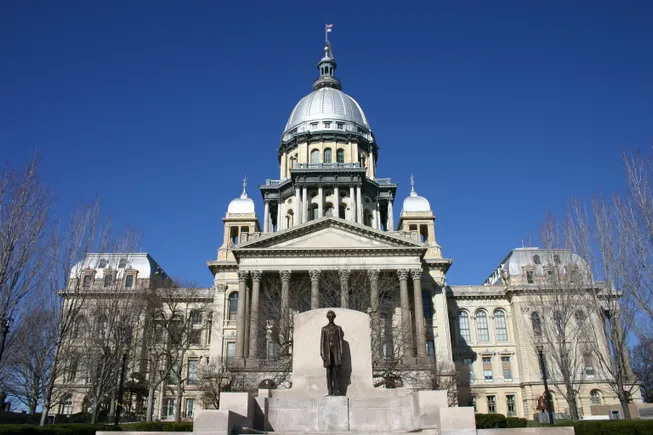Dive Brief:
- The U.S. Conference of Catholic Bishops asked a federal judge in Louisiana July 15 to temporarily block the U.S. Equal Employment Opportunity Commission from enforcing part of its Pregnancy Workers Fairness Act rule requiring USCCB members to accommodate abortions related to medical issues.
- In a related May 21 order, the judge vacated a companion portion that required employers to accommodate elective abortions.
- In this action, Louisiana v. EEOC, the USCCB, the dioceses of Lake Charles and Lafayette, and the Catholic University of America asked the judge to block the EEOC from enforcing against them the remaining part of the mandate — that employers accommodate “abortions stemming from the underlying treatment of a medical condition related to pregnancy” — while they seek a permanent injunction from the 5th U.S. Circuit Court of Appeals.
Dive Insight:
The PWFA, which took effect in 2023, requires employers to make reasonable accommodation for an employee’s known limitation arising out of pregnancy, childbirth or a “related medical condition,” absent undue hardship, the judge noted in his May order.
Congress tasked the EEOC with issuing implementing regulations, which it did in April 2024.
But the PWFA doesn’t include any reference to abortion, particularly elective abortions, a decision by Congress that courts must presume was intentional, “given the enormous social, religious and political importance of” the issue, the judge said.
Despite this omission, EEOC included abortion in the final rule as an example of pregnancy termination, which the rule considers a medical condition related to pregnancy and subject to accommodation. By including abortions, the EEOC exceeded its statutory authority to implement the PWFA, the judge held.
He vacated the portion of the rule requiring that employers provide accommodations for workers’ elective abortions. He made clear, however, that the order did not affect the requirement that covered employers accommodate “terminations of pregnancy or abortion stemming from the underlying treatment” of a pregnancy-related medical condition.
In its July 15 motion, USCCB argued this still required it to accommodate practices that violate its religious beliefs, allegedly contrary to the PWFA’s religious exemption, the First Amendment’s church autonomy doctrine and the Religious Freedom Restoration Act.
USCCB asked the judge to expand the May order to include abortions for treating medical conditions related to pregnancy.
It said the rule includes as medical conditions related to pregnancy ailments or disorders such as antenatal anxiety and depression, carpal tunnel syndrome, nausea or vomiting, or changes in hormonal levels — all of which must be accommodated even if moderate or minor, it said.
This means affected employers must accommodate an abortion even if it stems from the underlying treatment of a minor case of anxiety or changes in hormonal levels, conditions that are universal in pregnancy, it asserted.
Failing to enjoin the rule would cause it irreparable harm because forcing it to “endorse non-conforming religious behavior for any period cannot be remedied with damages,” it said.
Six months before Congress passed the PWFA, the U.S. Supreme Court handed down Dobbs v. Jackson Women’s Health Org., overturning Roe v. Wade and the constitutional right to abortion. Louisiana and Mississippi responded by passing strict abortion bans, and they sued EEOC shortly after the PWFA rules took effect. A week later, USCCB filed its complaint, and the court consolidated the cases.
The consolidated lawsuit is one of several seeking to block endorsement of EEOC’s abortion accommodation mandate.
In April, for example, a federal district court in North Dakota made permanent a preliminary injunction blocking the EEOC from requiring the Diocese of Bismark and members of the Catholic Benefits Association to accommodate abortion or fertility treatments when such actions violate their faith, according to an analysis by attorneys from Jackson Lewis.






Leave a Reply